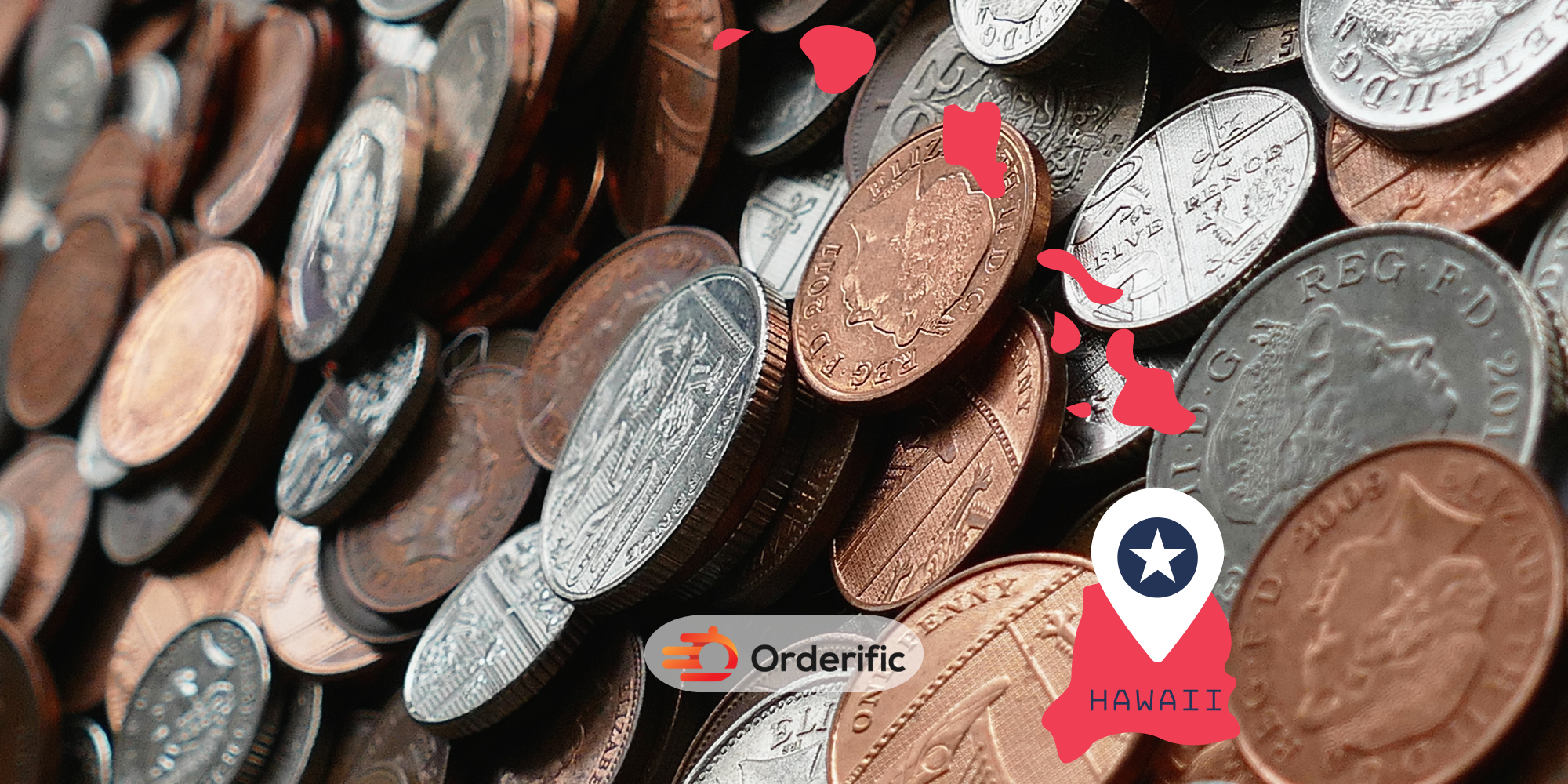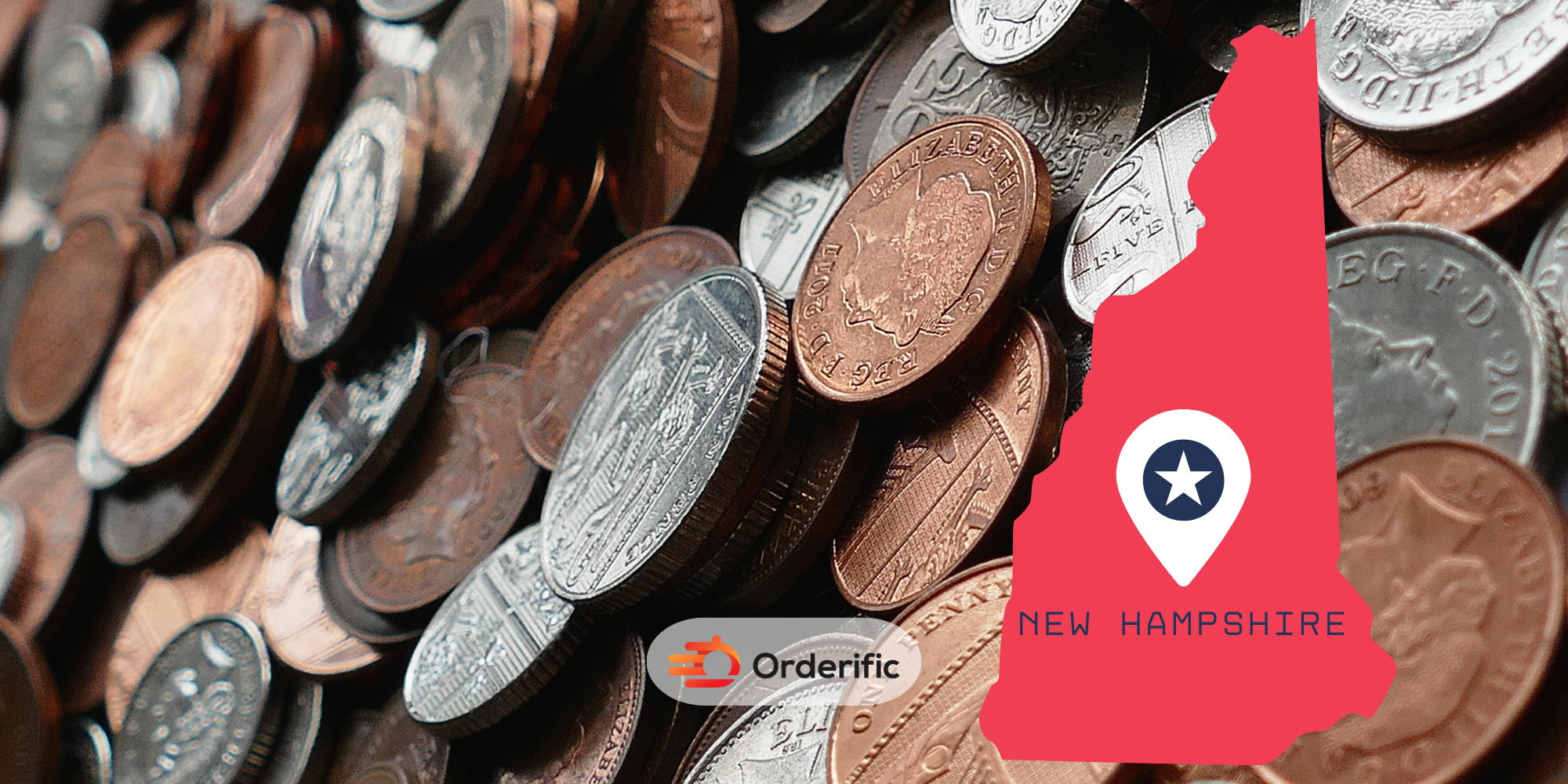In Hawaii, employees are entitled to a specific hourly wage and extra pay for hours worked beyond 40 in a week, but these regulations differ from those in other states. Therefore, it’s essential to grasp how Hawaii’s rules apply. This article aims to provide employers with comprehensive insights into Hawaii’s minimum wage law.
Hawaii’s minimum wage stands at $12.00, surpassing the federal rate of $7.25 an hour. This rate applies uniformly to all employers with at least one employee, regardless of whether employees receive tips or other forms of compensation. It’s worth noting that employees earning a guaranteed monthly income of $2,000 or more are exempt from the State’s minimum wage and overtime regulations.
Additionally, domestic service workers fall under Hawaii’s minimum wage and overtime requirements. State law excludes employees covered by the federal Fair Labor Standards Act unless the State’s wage rate surpasses the federal rate. Understanding these nuances is vital for employers navigating Hawaii’s minimum wage landscape.
What is the Minimum Wage in Hawaii?
In 2023, Hawaii set its minimum wage at $12.00 per hour, applying uniformly to all workers. There is no differentiation for service industry employees who receive tips; they are entitled to the full minimum wage as well. This ensures that every employee, regardless of their job type or pay structure, receives this hourly rate. Periodic evaluations may result in adjustments to account for economic factors like inflation.
However, it’s important to note that not all workers are subject to this minimum wage. For instance, individuals in executive, administrative, or professional roles and those with a guaranteed monthly income of $2,000 or more are exempt from wage and overtime regulations. Workers must understand their employment classification to ensure they receive the appropriate compensation.

Minimum Wage Rates in Hawaii
are higher than those in many other states, but employers are still subject to local and federal regulations. Understanding these laws is essential for any business operating in Hawaii, as failing to comply can lead to hefty fines or even legal action.
How Can Small Businesses and Restaurants in Hawaii be Compliant with Minimum Wage Laws?
For small businesses and restaurants in Hawaii, compliance with minimum wage laws is essential to avoid hefty fines or lawsuits. To ensure they’re compliant, employers must stay up-to-date on the changing wages and regulations. This includes tracking changes at both the state and federal level, as well as any industry-specific considerations.
It’s also important for employers to understand how exemptions and exceptions apply to their specific situation. For instance, if an employee is classified as exempt from minimum wage requirements due to their position or salary, they are not entitled to the state’s minimum wage rate.
In addition, employers should be aware of any industry-specific regulations that may differ slightly from the general state laws. For example, in Hawaii, domestic service workers are subject to the same minimum wage requirements as other employees. Therefore, employers must make sure they understand and abide by these rules to avoid any legal issues.
How can Small Businesses and Restaurants in Hawaii Offer Fair Wages to Their Employees?
The best way for small businesses and restaurants in Hawaii to make sure their employees are receiving fair wages is to stay informed about the changing wage laws. Employers must understand how minimum wage rates, overtime regulations, and exemptions affect their business. Additionally, employers should keep track of any industry-specific requirements and strive to provide competitive wages that exceed the state’s minimum wage to attract and retain the best talent.
Employers should also be mindful of any additional benefits they can provide to their employees to remain competitive and show commitment to fair compensation. These can include health insurance, 401(k) plans, vacation days, sick leave, and flexible hours. By offering these types of benefits, employers can ensure that their employees feel valued and respected, encouraging open communication and engagement.
Finally, employers should strive to create a positive work environment that allows employees to reach their full potential while feeling supported and appreciated. This will result in higher morale and increased productivity, making the business more successful overall.
How can You Make Sure That You’re Compliant with State Labor Laws?
To remain compliant with state labor laws, employers must stay up-to-date on the changing regulations and check for updates regularly. Additionally, employers should understand which employees are exempt from minimum wage and overtime requirements and keep track of any industry-specific regulations.
It’s also important to ensure that payroll systems and processes are in line with the latest applicable laws. Regular audits of payroll and review of employee classifications can help employers stay compliant and avoid any legal issues or penalties. Additionally, it’s important to keep accurate records of all wages paid, hours worked, overtime hours, and other relevant information to ensure compliance with applicable laws.
Finally, employers should recognize the importance of open communication with their employees to remain compliant with state labor laws. Providing a clear understanding of pay policies and answering any questions that employees have can help ensure compliance and build a positive working relationship.

Conclusion
Staying informed about Hawaii’s minimum wage law is essential for employers in the state. Following these regulations ensures all employees are receiving fair compensation for their work while helping to protect businesses from potential violations or fines. By understanding the changing wage laws, exemptions, and industry-specific regulations, employers in Hawaii can ensure their business is compliant with state labor laws. Additionally, providing additional benefits and creating a positive work environment will help to attract and retain the best talent.
As the cost of living in Hawaii continues to increase, employers and employees alike need to be mindful of how these changes affect their wages. Keeping up with the latest updates will help ensure that all workers receive fair compensation and that employers remain compliant with state labor laws. With comprehensive knowledge of Hawaii’s minimum wage law, businesses can operate legally and fairly while remaining competitive.
Employers should also consider hiring a professional to ensure they are following all the rules and regulations applicable to their business. A qualified consultant can provide valuable assistance in understanding labor law complexities and helping employers stay compliant while protecting their business from potential legal issues or penalties. With the right knowledge and resources, employers in Hawaii can be confident that they are offering fair compensation to their employees.
You can find more insightful content with Orderific here. For the many advantages Orderific can bring to your business, start trying it out here. It’s Orderific time today!
FAQs
Why are salaries so low in Hawaii?
Salaries in Hawaii are lower than those in other states due to the higher cost of living and lack of job opportunities.
How many states have no minimum wage law?
Currently, five states have not adopted a state minimum wage: Alabama, Louisiana, Mississippi, South Carolina, and Tennessee.
Is $12.00 an hour a good wage in Hawaii?
Yes, $12.00 an hour is a good wage in Hawaii; this rate surpasses the federal minimum wage of $7.25 and is higher than the minimum wage in many other states.
What is the cost of living in Hawaii?
The cost of living in Hawaii for a family of four is about $7,980 a month, while a single adult will have to pay an average of $2,457.
Is Hawaii a very expensive place to live in?
Yes, Hawaii is one of the most expensive places to live in the United States.













